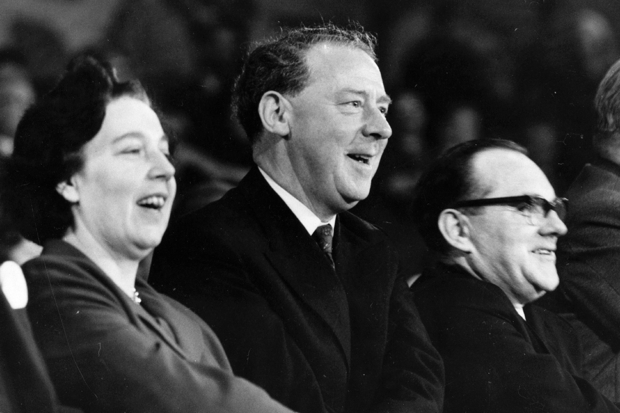The long-discussed meeting between a group of climate scientists and Fellows of the Royal Society on the one side, and me and some colleagues from my think-tank, the Global Warming Policy Foundation on the other, has now at last taken place. It was held behind closed doors in a committee room at the House of Lords, the secrecy — no press present — at the insistence of the Royal Society Fellows, an insistence I find puzzling given the clear public interest in the issue of climate change in general and climate change policy in particular. The origins go back almost a year, to a lecture by the president of the Royal Society, the biologist Sir Paul Nurse. In it he chose to launch a gratuitous personal attack on me, making a number of palpably false allegations. I wrote to him, pointing out his errors, and he replied — somewhat changing his tune — conceding that ‘it is quite legitimate for both of us to talk about climate change policy, but before doing so we need to have access to the highest quality climate science. I am not sure you are receiving the best advice, and I would be very happy to put you in contact with distinguished active climate research scientists if you think that would be useful.’
I readily accepted his offer: hence, at long last, this month’s meeting in the House of Lords. The charge that my critical views about climate change policy are based on inadequate exposure to reputable scientists was always absurd, not least given that the academic advisory council of the GWPF has on it, among others, the world’s most highly regarded physicist, Professor Freeman Dyson of Princeton, arguably the world’s most eminent climate scientist, Professor Richard Lindzen of MIT (who flew over for the meeting), and three Fellows of the Royal Society.








Comments
Join the debate for just £1 a month
Be part of the conversation with other Spectator readers by getting your first three months for £3.
UNLOCK ACCESS Just £1 a monthAlready a subscriber? Log in